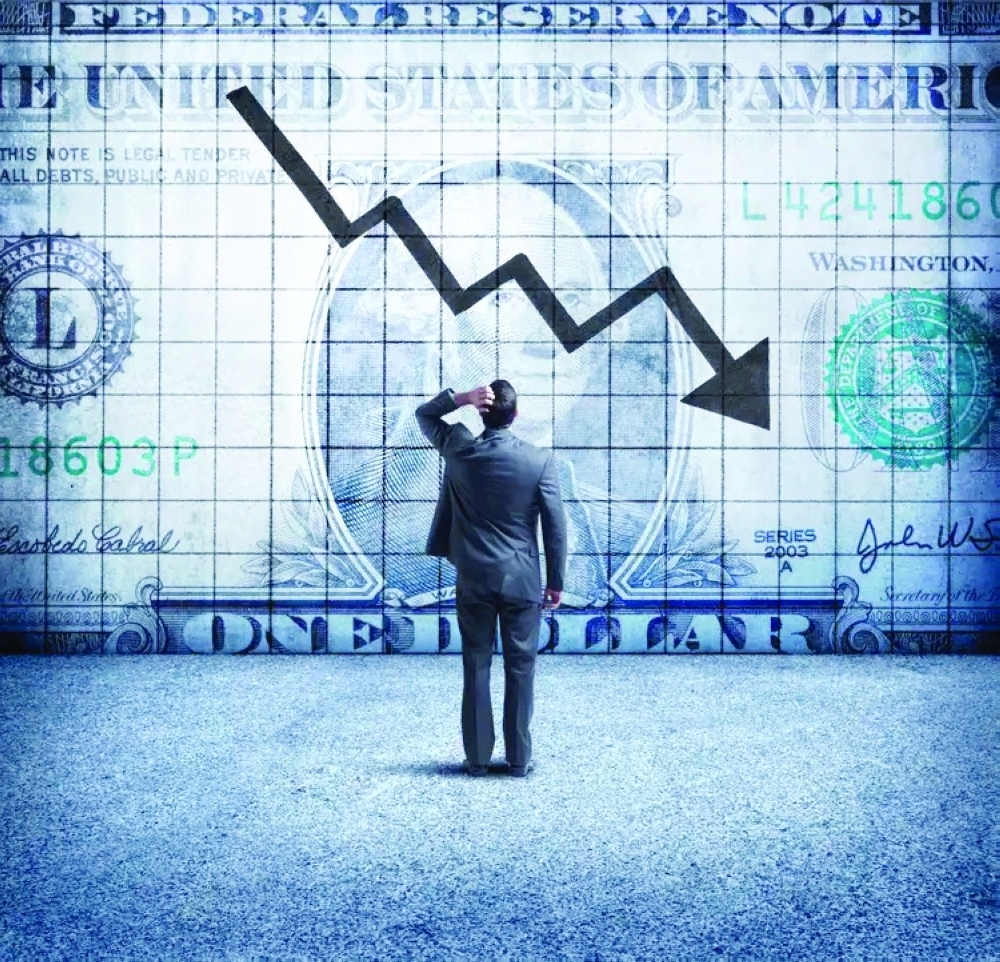

Almost a year has passed since the Bureau of Economic Analysis, which estimates gross domestic product, announced that real GDP had declined over the previous two quarters — a phenomenon that is widely, although incorrectly, described as the official definition of a recession.
Right-wingers had a field day, crowing about the “Biden recession.” But it wasn’t just a partisan thing. Even forecasters who knew that recessions are defined by multiple indicators, and that America wasn’t in a recession yet, began predicting one in the near future. As Mark Zandi of Moody’s Analytics, one of the few prominent recession skeptics, put it: “Every person on TV says recession. Every economist says recession. I’ve never seen anything like it.” By late 2022, members of the Federal Reserve committee that sets monetary policy were predicting an unemployment rate of 4.6% by late 2023; private forecasters were predicting 4.4%. Either of these forecasts would have implied at least a mild recession.
To be fair, we don’t know for sure that these predictions will be falsified. But with unemployment in June just 3.6%, the same as it was a year ago, and job growth still chugging away, the economy would have to fall off a steep cliff very soon to make them right, and there’s little hint in the data of that happening.
So it sure looks as if economists made a bad recession call. Why were they wrong? One answer might be to ask why anyone would expect them to get it right. A few years ago, the International Monetary Fund did a systematic study of the ability of economists to call recessions in advance, and basically found that they never succeed. As the authors noted wryly, there was little to choose between private and official forecasts: “Both are equally good at missing recessions.” In a way, however, the IMF study isn’t that relevant to what we’ve just seen. The authors found many examples of recessions that happened but that forecasters failed to predict; what we’re seeing now is a recession that forecasters predicted but failed to happen. So where did this almost unanimous but, as it turns out, unwarranted pessimism come from? I know that at least some forecasters were looking at a certain financial indicator: the spread between short-term and long-term bonds. An inverted yield curve, in which long-term bonds pay lower interest than short-term, has historically predicted recessions.
But the meaning of an inverted yield curve is widely misunderstood. It doesn’t cause a recession. It is instead an implicit prediction about future Fed policy — namely, that the Fed will cut rates sharply in the future, presumably to fight a deepening recession. So the inverted yield curve wasn’t really independent evidence, just a market reflection of the same “recession is coming” consensus you were hearing on cable TV.
So where did that consensus come from? Leaving aside all the “Biden’s socialism will tank the economy” takes, I think it’s fair to say that most economists bought into the view that we were seeing a replay of the early 1980s. What happened then was that, faced with high inflation, the Fed sharply hiked interest rates, causing a recession; this recession brought inflation down, and the Fed then reversed course, cutting rates again.
Indeed, the Fed has, once again, raised rates sharply to fight inflation. But events since then have failed to follow the script in two distinct ways.
First, those rate hikes have so far failed to produce a recession. Instead, the economy has been remarkably resilient. Mortgage interest rates — arguably the most important place where the rubber of monetary policy meets the road — have soared over the past year and a half.
Yet unemployment hasn’t meaningfully gone up at all, which isn’t what most economists, myself included, would have predicted. Why not? Part of the answer may be that housing demand surged in 2021-22, largely as a result of the rise in remote work, and that this increase in demand has muted the usual negative impact of higher rates. This is especially true for multifamily housing, where high rents have given developers an incentive to keep building despite higher borrowing costs.
Another part of the answer may be that the Biden administration’s industrial policies — in effect, subsidies for semiconductors and green energy — have led to a boom in nonresidential investment, especially manufacturing.
There may be other factors as well, like all the “revenge travel” Americans have been doing as fear of Covid-19 fades. Whatever the reasons, the economy has shrugged off higher interest rates to an extent few expected.
Now, you might think that this means that the Fed will have to push interest rates even higher. After all, don’t we need a recession to curb inflation? But here’s the other place where things have gone off script: Despite steady job growth and continuing low unemployment, inflation has in fact subsided. This is true even if you look at measures that try to exclude transitory factors. My preferred measure these days is “supercore,” which excludes food, energy, used cars and shelter (because official measures of housing costs still reflect a rent surge that ended a year ago.) This is the measure I’ll be looking at when new inflation numbers come in Wednesday. (P.S.: The Fed has a different measure of supercore — non-housing services — but when you look at the details of that indicator, it’s a dog’s breakfast of poorly measured components that I find hard to take seriously.) In any case, something really strange has happened. I can’t think of another example in which there was such a universal consensus that recession was imminent, yet the predicted recession failed to arrive. — The New York Times
Paul Krugman is an American economist who is the Distinguished Professor of Economics at the Graduate Center of the City University of New York and a columnist for The New York Times.
Oman Observer is now on the WhatsApp channel. Click here



